ESMO Congress 2025
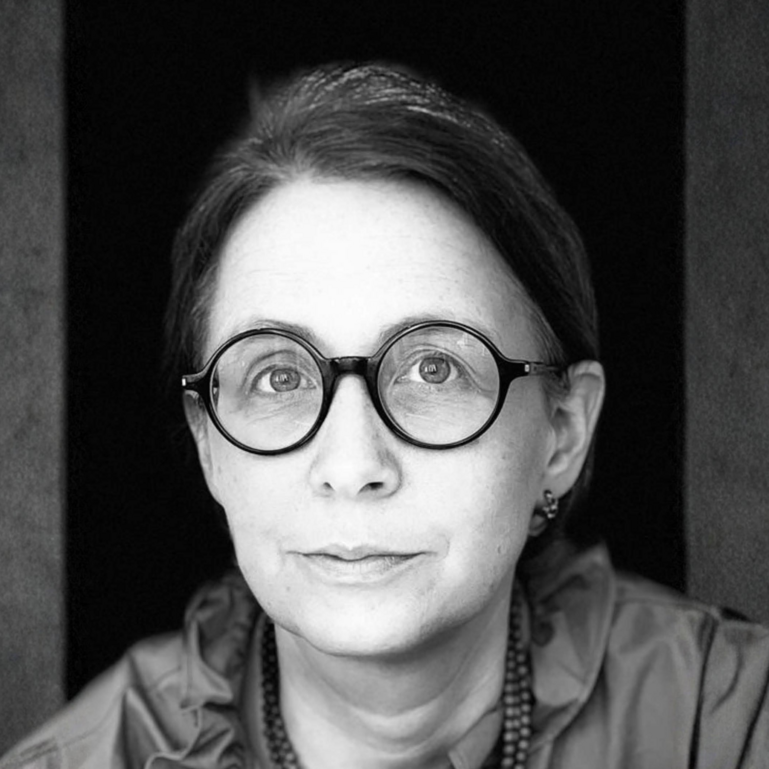
Head and neck cancers: should research continue to invest in immunotherapy?
Despite growing disappointing results from clinical trials, focus should now turn to the design of studies to better reflect tumour heterogeneity
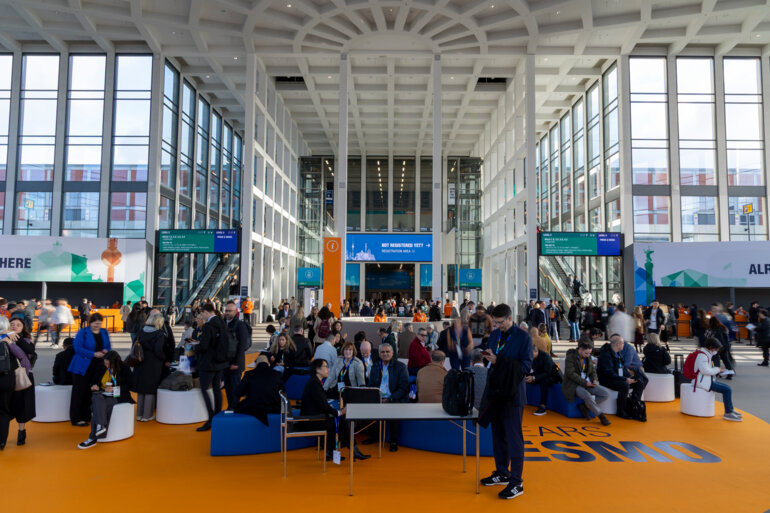
Extensive-stage small-cell lung cancer: new approaches on the horizon?
Tarlatamab as first-line therapy and ceralasertib plus durvalumab as maintenance therapy have demonstrated potential efficacy and manageable tolerability

What is the clinical value of genomic profiling in rare cancers?
Early studies investigated the potential of genomic profiling, but prospective and comprehensive data are required to support wider implementation
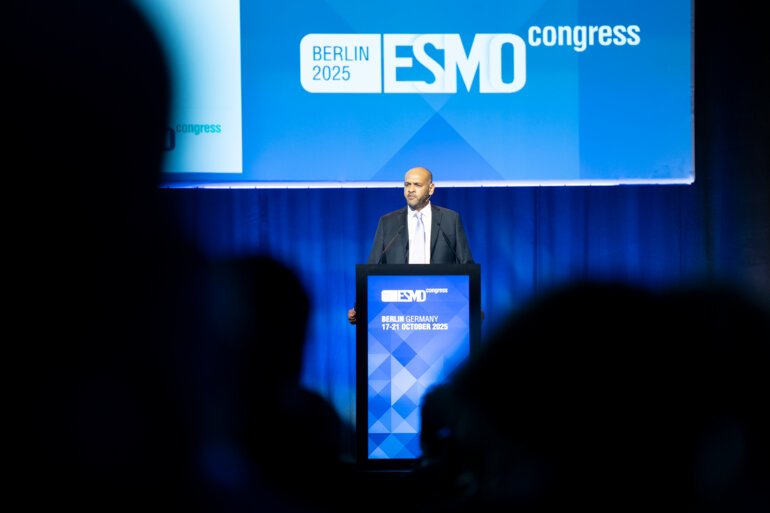
Local consolidative therapy combined with osimertinib improves progression-free survival in metastatic EGFR-mutant NSCLC
Results from the NorthStar trial highlight the potential for integrating local therapy with targeted agents to extend disease control in this setting
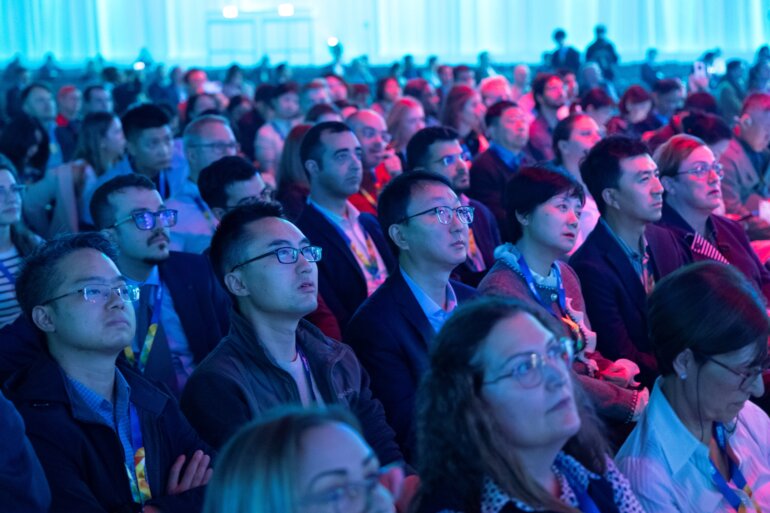
Mixed outcomes with novel targeted therapies for HER2-positive upper GI cancers
While a HER2-targeted bispecific antibody showed extended survival in pre-treated gastric cancers, TKI–immunotherapy combinations failed to confer a survival benefit

Is less more for patients with genitourinary cancers?
Study results support alternative treatment regimens in prostate and urothelial tumours, showing similar efficacy to standard care while reducing treatment burden
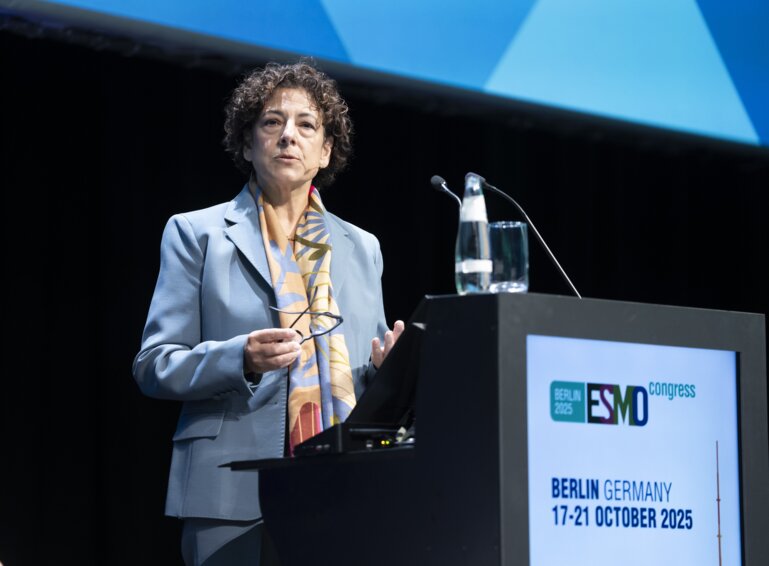
Long-term phase III data reinforce the benefits of CDK4/6 inhibitors in early breast cancer
Follow-up data at 7 and 5 years from monarchE and NATALEE provide reassurance of the sustained benefits of adjuvant CDK4/6 inhibitors in improving survival and reducing relapse
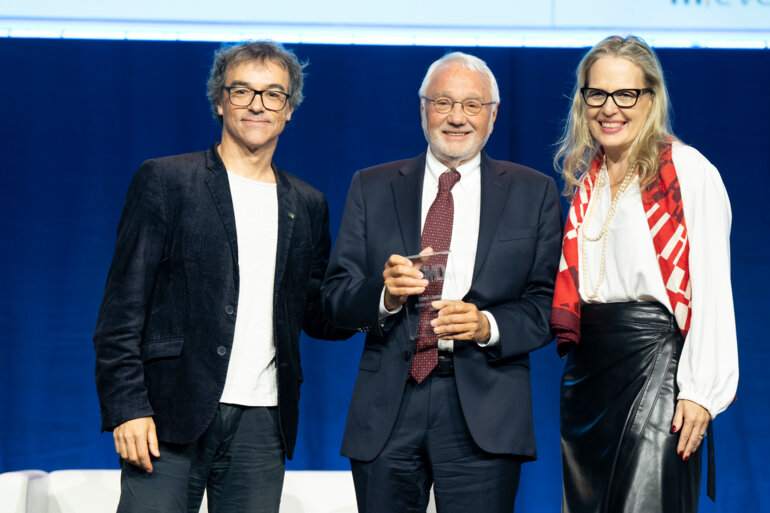
International collaboration and a shared vision are key to improving cancer patients’ lives
The 2025 ESMO Lifetime Achievement Awardee, Prof. Rolf Stahel, reflects on the role of the oncology community to drive progress in cancer care
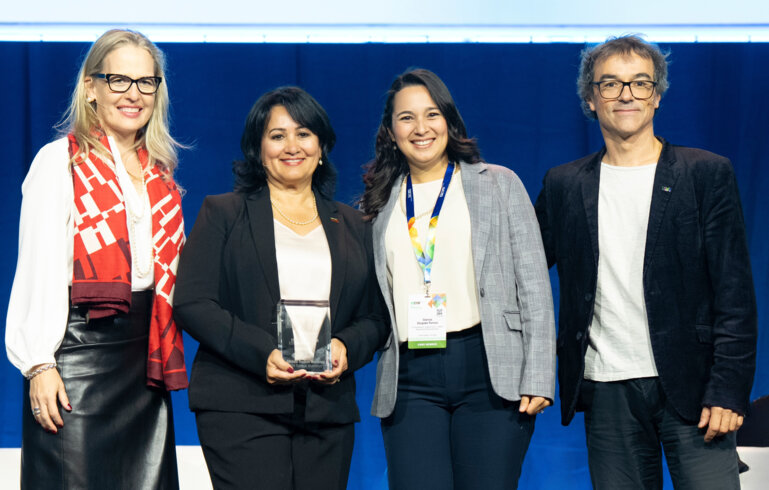
ESMO confers a new award on pioneer female oncologist in Ecuador
Glenda Ramos Martínez receives the ESMO Oncologist of the Year Award, launched this year by the Society

Optimising cancer care for individual patients is key to improving outcomes for all
An ESMO roadmap addresses how the new challenges in oncology can be transformed into opportunities for the benefits of oncology professionals and patients with cancer


